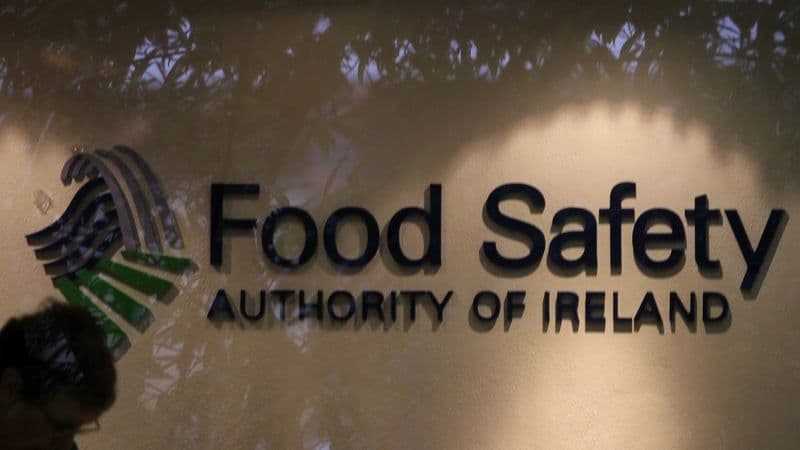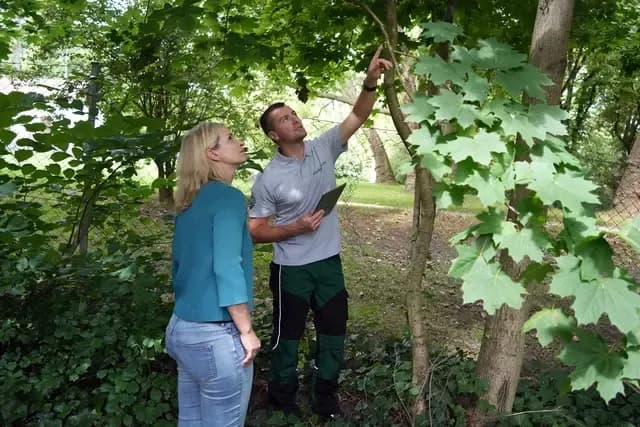Beneath the Surface: Italy's Botulism Crisis Uncovers Deep Food Safety Challenges
Italy's recent botulism tragedy exposes crucial food safety vulnerabilities. Explore the swift response, ongoing investigations, and vital lessons for public health.
The Sudden Outbreak: A Human Toll
Italy found itself grappling with a grim reality as a botulism outbreak swept across regions, claiming lives and leaving many in critical condition. The crisis tragically unfolded in both and , with reports surfacing in early August 2025. Among the first casualties were two individuals in , a charming coastal town in Calabria, who succumbed after consuming what was believed to be contaminated food. Simultaneously, a 38-year-old woman, , from Sardinia, experienced severe symptoms in late July after eating guacamole at a festival in , near , ultimately losing her life. Another suspected victim was a 45-year-old woman from in , who also died after eating at the same roadside stand. This swift and devastating impact quickly escalated, with over a dozen people hospitalized in Cosenza, two in serious condition, and eight in Cagliari. Heartbreakingly, an 11-year-old boy in Cagliari remains in pediatric intensive care in , requiring surgery to stabilize his breathing after weeks on a ventilator. The suddenness and severity of these cases sent immediate shockwaves through the nation, triggering urgent public health alerts.

The Nation's Swift Response and Lingering Questions
In the face of this escalating crisis, Italian health authorities sprang into action, demonstrating a rapid deployment of emergency protocols. The swiftly activated mechanisms in both affected regions, prioritizing the immediate administration of botulinum antitoxin to patients. This crucial antidote, not stored regionally, was centrally dispatched from the and a hospital in Rome, coordinated by the , the sole national hub for botulism management. Patients presented with classic symptoms like blurred vision, vomiting, and muscle weakness, prompting quick identification and treatment. Yet, even amidst the swift medical response, troubling questions began to surface. A criminal investigation, launched by the , led to three arrests: the itinerant vendor suspected of distributing the contaminated food, and legal representatives of two companies that supplied the raw materials. Charges include negligent homicide, bodily harm, and distributing harmful food. Furthermore, the inquiry extended to medical professionals, scrutinizing the management of initial cases in a private clinic in , where alleged delays in diagnosis and treatment may have exacerbated patient conditions, pointing to potential vulnerabilities within the healthcare system itself.
Exposing the Cracks: From Street Food to Supply Chains
The botulism outbreak, while horrific in its human cost, peeled back layers of systemic vulnerabilities within Italy's food safety framework. At the immediate point of contamination, the spotlight fell on a street vendor whose practices raised serious concerns. Initial findings suggested victims consumed sandwiches containing sausage and broccoli, or guacamole, from the same vendor. Authorities seized the vendor's vehicle, noting it had been left exposed to the sun all day – a critical condition for the proliferation of botulinum toxins in improperly preserved foods. This highlights a significant gap in oversight for informal food sellers, where hygiene and temperature control might be lax. But the investigation didn't stop there. The net widened to include the legal representatives of two companies supplying the raw materials, specifically jars of broccoli in oil, implicated as a likely source of contamination. This suggests a breakdown not just at the point of sale, but potentially further up the supply chain, where industrial-scale preparation or preservation methods may have failed. The incident underscores how even a seemingly minor oversight at any stage – from production and packaging to transport and final sale – can have catastrophic public health consequences, revealing fissures in regulatory enforcement and consumer protection.
Building Resilience: Lessons from the Outbreak
This tragic botulism outbreak serves as a stark, urgent lesson for Italy and, indeed, for all nations. It’s a powerful reminder that food safety is a continuous, multi-layered endeavor requiring unwavering vigilance from farm to fork. The crisis exposed critical areas needing immediate strengthening. Firstly, the informal food sector, particularly street vendors, demands far more rigorous regulation and frequent inspections to ensure adherence to basic hygiene and food preservation standards. Their vehicles and storage conditions must be routinely checked, not just after a disaster strikes. Secondly, the investigation into raw material suppliers points to an imperative for enhanced traceability and quality control throughout the entire food supply chain, holding producers accountable for the safety of their ingredients. Beyond prevention, the medical response also offers insights: the scrutiny of doctors for delayed diagnoses highlights the need for continuous education and awareness among healthcare professionals about rare but deadly conditions like botulism, ensuring prompt recognition and treatment. While the central antitoxin distribution system proved swift, the initial missteps in patient management underscore that even the best emergency response mechanisms can be hampered by human error or lack of preparedness at the local level. Ultimately, building resilience against future outbreaks means investing in robust public health infrastructure, fostering a culture of food safety awareness, and ensuring that every link in the chain, from a small-scale producer to a medical clinic, operates with the highest standards of care and accountability.
Related Articles

Beyond the Bite: Unpacking the Hidden Hazards of Popular Eateries

Beyond the Bite: Unpacking the Hidden Hazards of Popular Eateries

The Unseen Threat in Your Supper: Unpacking Ireland's Ready Meal Crisis

The Unseen Threat in Your Supper: Unpacking Ireland's Ready Meal Crisis

Beyond the Kitchen Door: Unveiling the Critical Role of Food Safety Enforcers

Beyond the Kitchen Door: Unveiling the Critical Role of Food Safety Enforcers

From Pantry Staple to Public Hazard: The Unseen Vulnerabilities Behind the Tuna Recall
